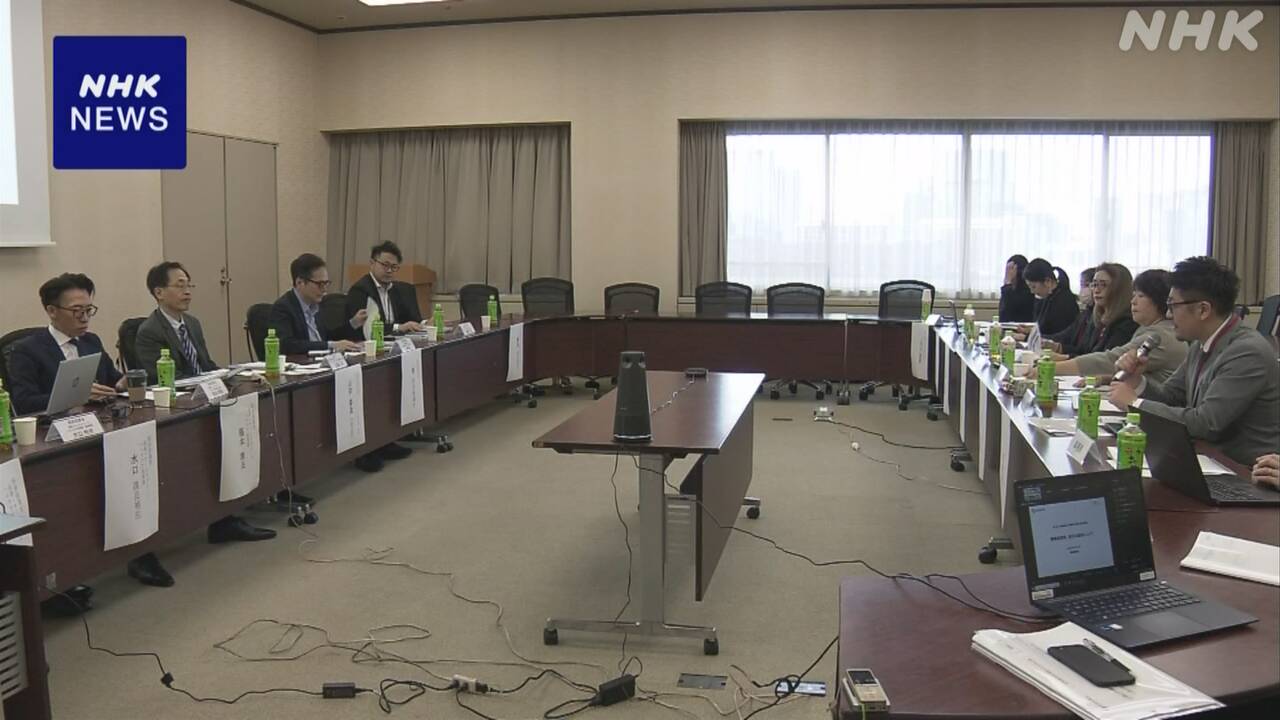Due to the aging of the population, there are an increasing number of working people who are busy with work and nursing care, so the Ministry of Economy, Trade and Industry recommends measures that companies should take, such as understanding the actual situation and implementing training, in order to support the balance between work and nursing care. We have put together new strategies.
People who provide care for family members and others while working are called "business carers," and Japan expects this number to increase to 3.18 million by 2030.
It is expected that the number of people who will be unable to work or who will be forced to retire due to the heavy burden of nursing care will increase, and the Ministry of Economy, Trade and Industry has drafted guidelines indicating measures that companies should take to support these people. This was demonstrated at a review meeting of experts and others that was held on the 1st.
Among these, there are cases in which employees with nursing care issues are reluctant to share information with those around them due to concerns about the impact on their careers, and cases in which the burden of nursing care differs for each individual employee and changes. We introduce things to do.
In addition, companies are encouraged to appoint executives in charge of the issue, to understand the actual state of nursing care issues through surveys and interviews, to conduct in-house training and surveys with specific numerical targets, and to provide flexible support. We are looking for systems that allow us to work in different ways, as well as enhanced financial support.
The committee members who attended expressed the opinion that ``in order to increase the effectiveness of the guidelines, briefing sessions for managers should be held.''
Based on these opinions, the Ministry of Economy, Trade and Industry plans to formally formulate guidelines by the end of this month, disseminate them to companies, and encourage them to take action.

